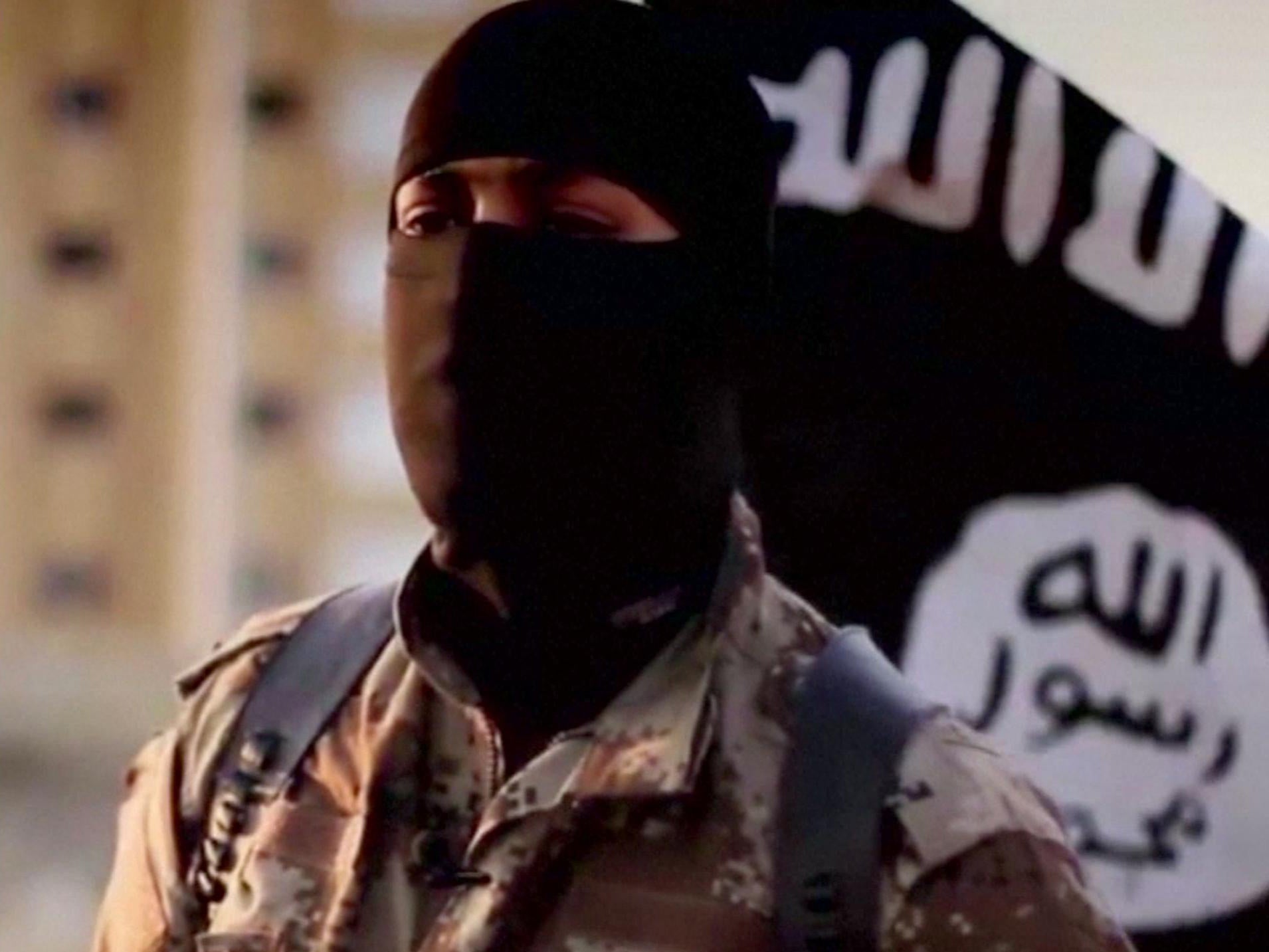'Isis's last stand': Militants caught between converging forces on Iraq-Syria border, says General James Mattis
US Defence Secretary says Middle Euphrates River Valley between countries will soon be liberated from extremists’ grasp on surprise visit to Baghdad

Expelled from their main stronghold in northern Iraq, Isis militants are now trapped in a military vice that will squeeze them on both sides of the Syria-Iraq border, the US Defence Secretary has said.
General James Mattis arrived in the Iraqi capital on an unannounced visit today just hours after President Donald Trump outlined a fresh approach to the stalemated war in Afghanistan. Mr Trump has also vowed to take a more aggressive approach against Isis in Iraq and Syria, but he has yet to unveil a strategy for the conflict that differs greatly from his predecessor’s.
In Baghdad, General Mattis was meeting with senior Iraqi government leaders and with US commanders. He also planned to meet Massoud Barzani, leader of the semi-autonomous Kurdish region that has helped fight Isis, in Irbil. The US Defence Secretary told reporters before departing from neighbouring Jordan that the so-called Middle Euphrates River Valley – roughly from the western Iraqi city of al-Qaim to the eastern Syrian city of Deir Ezzor – will be liberated, as Isis gets hit from both ends of the valley that bisects Iraq and Syria.
“You see, Isis is now caught in between converging forces,” he said. “So Isis’s days are certainly numbered, but it’s not over yet and it’s not going to be over any time soon.”
General Mattis referred to this area as “Isis’s last stand”.
Unlike the war in Afghanistan, Iraq offers a more positive narrative for the White House, at least for now. Having helped Iraqi government forces to reclaim Isis’s prized possession of Mosul in July, the US military effort is showing tangible progress and the Pentagon can credibly assert that momentum is on Iraq’s side.
Brigadier General Andrew A Croft, of the US air force, said that over the past couple of months Isis has lost much of its ability to command and control its forces.
“It’s less coordinated than it was before,” he said. “It appears more fractured – flimsy is the word I would use.”
Brett McGurk, the US’s special envoy to the counter-Isis coalition, credits the Trump administration for having accelerated gains against the militants. He said on Monday that about one-third of all territory regained in Iraq and Syria since 2014 has been retaken in the last six or seven months.
“I think that’s quite significant and partially due to the fact we’re moving faster, more effectively,” as a result of Mr Trump’s delegation of battlefield authorities to commanders in the field, Mr McGurk said. He said this “has really made a difference on the ground. I have seen that with my own eyes”.
It seems probable that in coming months Mr Trump may be in position to declare a victory of sorts in Iraq as Isis fighters are marginalised and they lose their claim to be running a caliphate inside Iraq’s borders. Syria, on the other hand, is a murkier problem, even as Isis loses ground there against US-supported local fighters and Russian-backed Syrian government forces.
The US role in Iraq parallels Afghanistan in some ways, starting with the basic tenet of enabling local government forces to fight rather than having US troops do the fighting for them. That is unlikely to change in either country. Although the Taliban is the main opposition force in Afghanistan, an Isis affiliate has emerged there, too. In both countries, US air power is playing an important role in support of local forces, and in both countries the Pentagon is trying to facilitate the development of potent local air forces.
In Iraq, the political outlook is clouded by the same sectarian and ethnic divisions between Sunni, Shia and Kurdish factions that have repeatedly undercut, and in some cases reversed, security gains following the toppling of Saddam Hussein’s regime in 2003.
An immediate worry is a Kurdish independence referendum to be held on 25 September, which, if successful, could upset a delicate political balance in Iraq and enflame tensions with Turkey, whose own Kurdish population has fought an insurgency against the central government for decades. Mr McGurk reiterated US opposition to holding the Iraqi Kurdish referendum.
“We believe these issues should be resolved through dialogue under the constitutional framework, and that a referendum at this time would be really potentially catastrophic to the counter-Isis campaign,” Mr McGurk told reporters in a joint appearance with General Mattis before they flew to Iraq.
With the Iraqi military’s campaign to retake the northern city of Tal Afar now under way, General Mattis has refused to predict victory. He says generals and senior officials should “just go silent” when troops are entering battle.
“I’d prefer just to let the reality come home. There’s nothing to be gained by forecasting something that’s fundamentally unpredictable,” he said at the weekend.
AP
Join our commenting forum
Join thought-provoking conversations, follow other Independent readers and see their replies
Comments
Bookmark popover
Removed from bookmarks